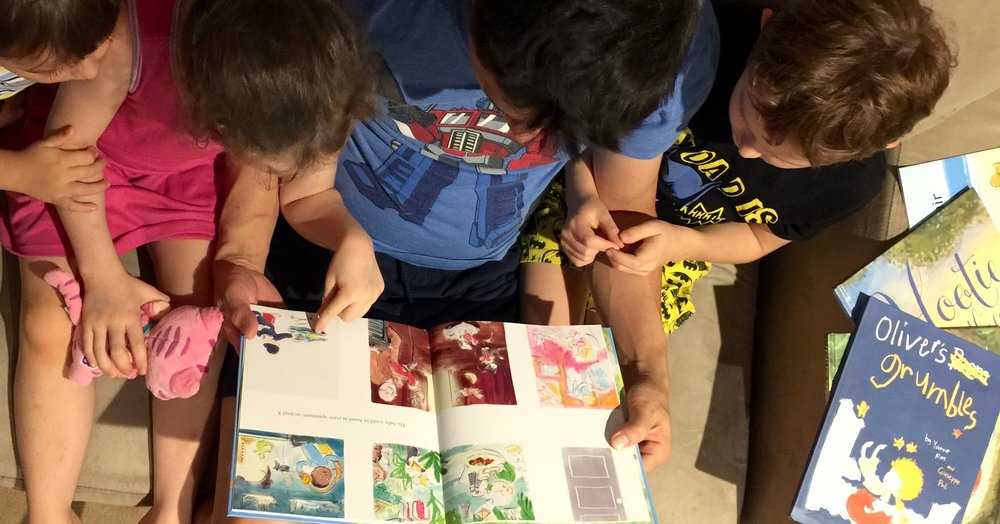One of the most common complaints of parents today is how electronic media is pulling children away from reading books.
Approach of Parents
Parents are often heard telling, that their children don’t read anymore because their eyeballs are glued to their cell phones. We are raising a generation that doesn’t understand the value of literature.
It seems to me that we currently live in a culture that is more heavily text-based than at any other time in history.
Role of Technology
People read all day long. Google, Twitter, Wassap and Facebook deliver words. People can’t peel their eyes from the smartphone–essentially a text and information distribution mechanism. We actually have trouble NOT reading. Folks are always checking their email and their text messages. Sometimes it is hard to pull away from this matrix of letters.
Still, what are people reading? It seems like they don’t read many books. I’m not talking about kids, but rather adults. I’ve met highly educated elite individuals who have told me they just don’t have time to read books.
Real Issue
Is the problem that kids don’t read books, or is the problem that nobody reads books because our culture has become anti-academic and anti-intellectual? We’d prefer to read magazines and blogs. We’re surrounded by an implicit anti-book agenda, and still, we wonder why kids don’t read books.
It is important that as parents we need to become models of good reading behavior for our
children. We should be comfortable with books for our children to start emulating us.
Tips to get children to read
Some Tips to get children to read. It doesn’t matter if they read on I-pad, E-readerorpaper.
- From the day your newborn comes home from the hospital, you can start raising a reader. Young babies respond to the soothing rhythm of a voice reading aloud, as well as to being cuddled on a warm lap. If you make reading to your child part of your daily routine, he’s likely to grow up looking forward to it.
- Create a reading space. Your reading space doesn’t have to be big or have a lot of bookshelves. It can even be a corner of the couch or a chair in your child’s room. Picking out a comfy spot that has good lighting and room to keep a book or two can help your child learn to connect coziness and comfort with reading.
- Reading isn’t just about sitting down with a good book. It’s a part of daily life, too. As you go through your day, help your child keep an eye out for “reading moments.” They may be as simple as reading road signs, grocery lists or recipes.
- Let your child see you reading. Whether you love books, magazines or blogs, let your child see you reading. Kids learn from what they observe. If he sees that you’re excited about reading, your child is likely to catch your enthusiasm, too.
- That trip to the library can be extra special when you give your child time to look around and see what catches his interest. He’s more likely to want to read something he picked out himself. If you’re concerned about him finding the right reading level or a suitable topic, just give him a section of books to choose from.
- You may get tired of reading the same story over and over again but it can help a child become a reader. Kids like to spot things that they may have missed when they first heard the story.
Teach your kids to read and that it matters what you read. At the end of the day how our children read says a lot more about the adult attitude about books than it does about our kids.
Model the behavior and attitude that you want your children to emulate.
After all “Reading is to the mind what exercise is to the body.” – Joseph Addison

